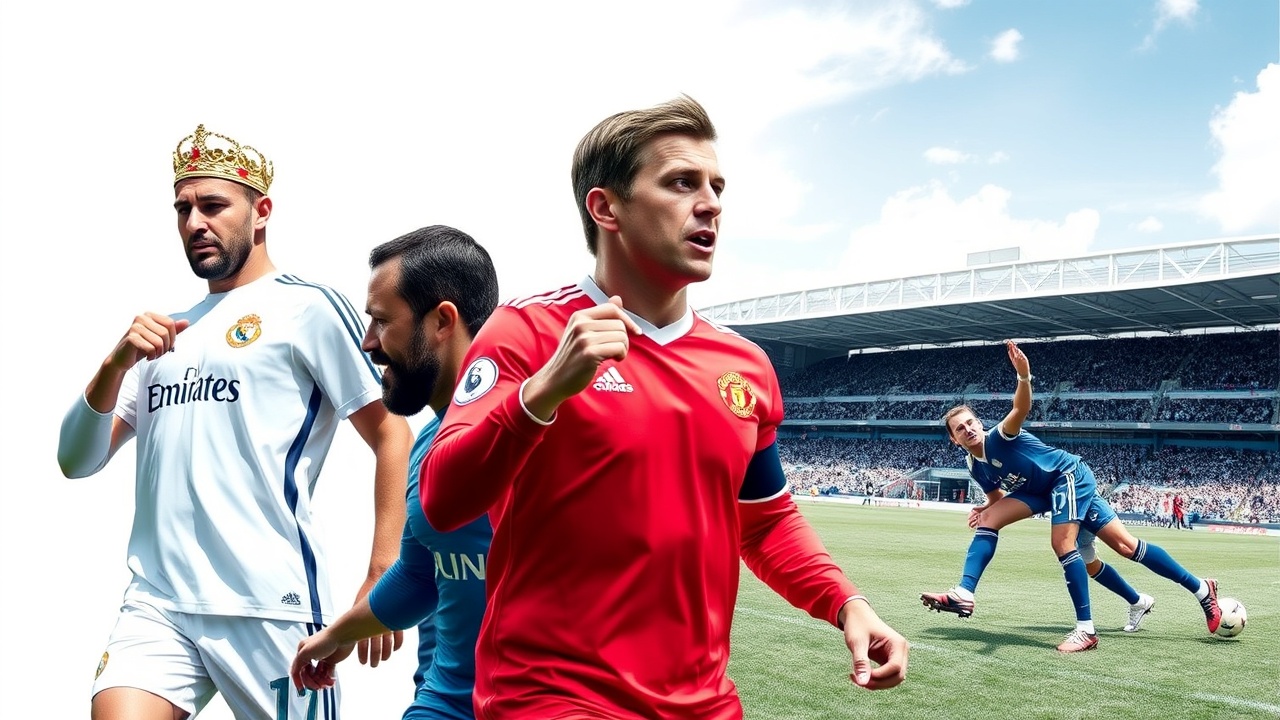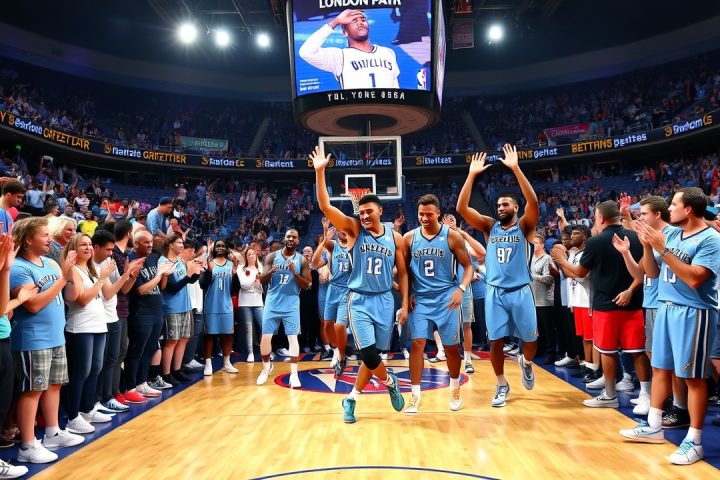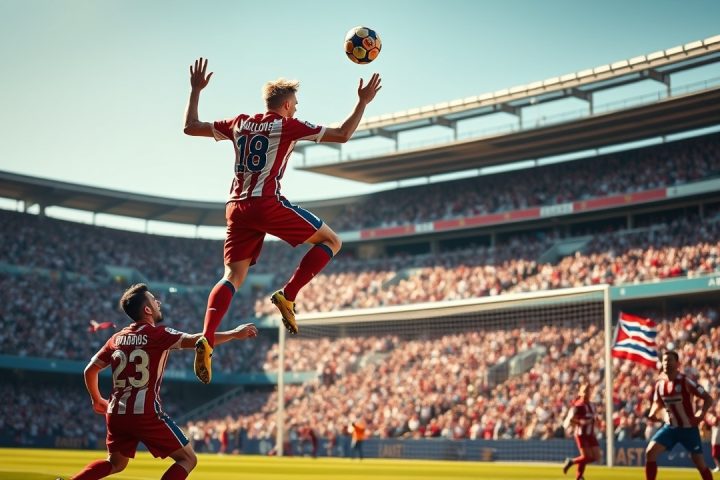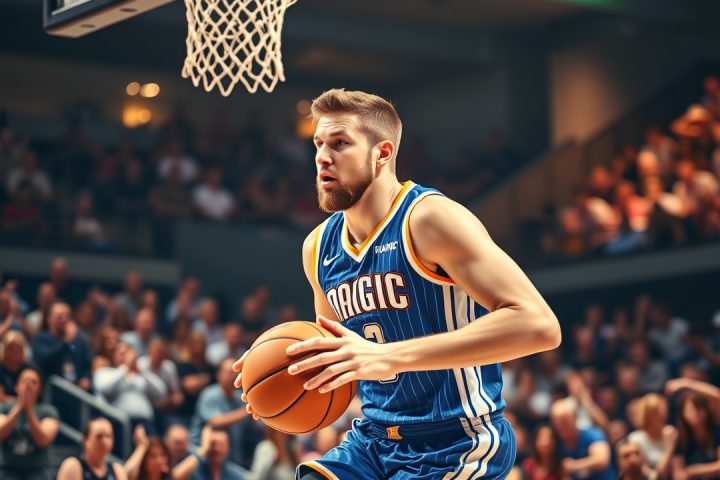Soccer Season Overview
As the world of soccer prepares for another exhilarating season, it’s hard to believe the off-season is nearly over. The Women’s Euros concluded just days ago, while the Club World Cup wrapped up only a few weeks back, yet Champions League qualifications are already in swing. The Premier League is set to kick off its 2025-26 season in just two weeks, followed by the other major European leagues shortly thereafter.
One of the complexities of the soccer calendar is the awkward timing of the transfer window, which remains open weeks into the new season. This creates uncertainty regarding the final roster configurations of major clubs. Nevertheless, many teams have already made significant moves this summer to address the deficiencies that plagued their previous campaigns.
Declining Performances of Top Teams
Examining the past season, ten teams from Europe’s top five leagues showed promise in 2023-24 but experienced a notable decline in performance during 2024-25. To put it into context, Real Madrid finished second in La Liga and advanced to the Champions League quarterfinals but notably fell short of their prior benchmarks. A closer look at these teams reveals the myriad challenges they faced last season and how they have attempted to rectify their shortcomings.
Team Analysis
Manchester City: Repeated Defensive Issues
City’s previous season exhibited a staggering point average of 2.39 before it dropped to 1.87 the next year, showcasing a regression that can largely be attributed to defensive flaws. They struggled immensely with transition defense and the overall effectiveness of their defensive lines. The loss of their key midfielder Rodri for most of the season added to these issues. Despite new signings, the hope for improvement heavily relies on Rodri’s return and reigniting their midfield dominance. Major departures include Kevin De Bruyne and Kyle Walker, while Tijjani Reijnders and Rayan Aït-Nouri have been brought in to revitalize the squad.
Real Madrid: Aging Stars and Defensive Woes
Across the board, Real Madrid’s acquisition of Kylian Mbappé and its Champions League victory didn’t translate into an effective attacking strategy. Their league scoring dropped despite increasing xG, as injuries took a heavy toll on veteran defenders. The club has made moves this summer to revamp its defense with young signings but the big question remains: how will they perform under pressure?
Bayer Leverkusen: Hangover Effect
After a phenomenal 2023-24 campaign, Leverkusen’s anticipated decline was severe, dropping to a lower goal average and struggling defensively. With key players departing, including Florian Wirtz and Jeremie Frimpong, they introduced several new faces, yet questions linger about their overall depth and ability to maintain competitiveness in the Bundesliga.
Tottenham Hotspur: Defensive Dramas
Spurs’ performance reflected a dismal record in close games as they found themselves still grappling with defensive problems that worsened under the previous management. The addition of Mohammed Kudus and Mathys Tel aims to infuse energy, but concerns about their ability to finalize defensive arrangements are paramount.
Manchester United: Missed Opportunities
Manchester United’s statistics indicated a year marked by poor finishing, and despite acquiring notable players like Bryan Mbeumo and Matheus Cunha, they risk repeating last season’s failures if they don’t effectively address their scoring gaps.
AC Milan: Pressing Problems
Milan’s issues mirrored those of Manchester United, as their xG numbers suggested a more competent attack than what was delivered on the pitch. With new additions like Luka Modric, the hopes of better performances rest on improved attacking output.
RB Leipzig: Creative Drought
Having endured their poorest Bundesliga season yet, Leipzig’s future hangs in the balance with key forwards facing uncertainty regarding their future at the club. New management will need to instill creativity and generate offensive returns to escape another underwhelming campaign.
Girona: Slipping Back
Unable to replace lost talent adequately, Girona’s drop was stark, and the incoming talent hasn’t yet proven sufficient to reinvigorate the squad’s fortunes.
Conclusion
This summer’s transfers and managerial choices across these clubs paint a compelling narrative of adaptation and resilience as they face the daunting challenges of a new season. Fans will be watching closely to see if their respective teams can indeed bounce back and regain their previous standings in the world’s most scrutinized soccer leagues.




